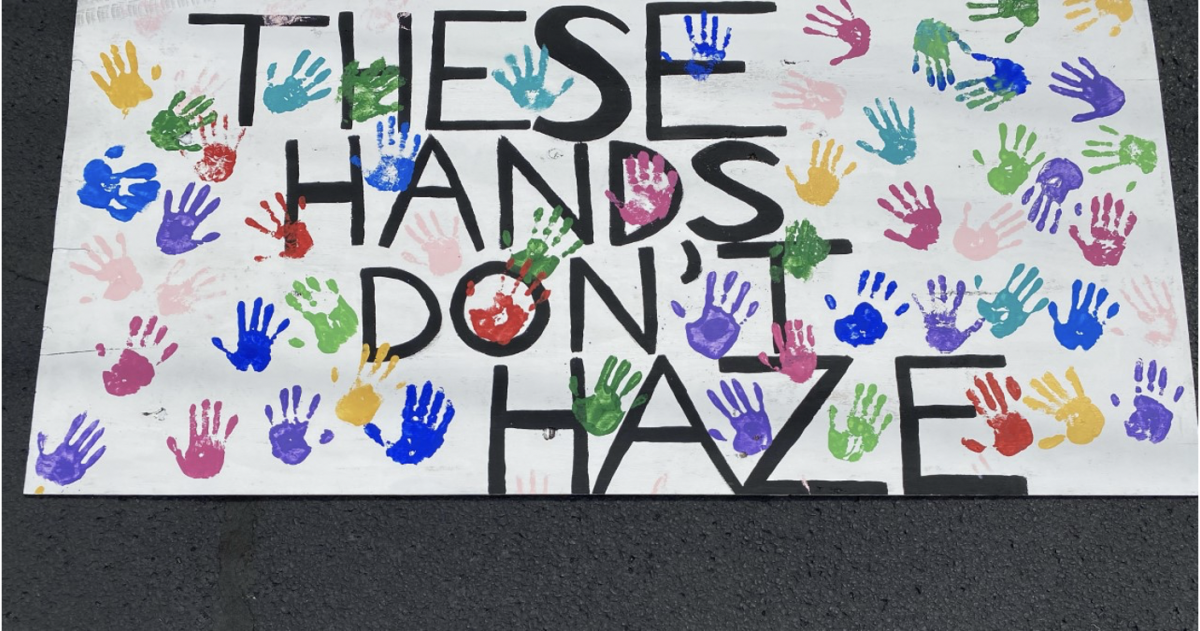Hazing has long been a contentious issue on college campuses across the country. Often brushed off as harmless initiation rituals, hazing is a serious practice that can inflict significant physical and emotional harm. In some tragic cases, it can even lead to death: in 2012, David Bogenberger, a fraternity pledge at Northern Illinois University lost his life due to hazing practices.
This heartbreaking incident serves as a grim reminder of the consequences when such behaviors are tolerated. It’s time we address this hidden epidemic and understand its real impact on lives.
At its core, hazing involves actions taken to initiate someone into a group, often through humiliation or abusive behavior. This can happen in fraternities, sororities, sports teams, and even some clubs.
While some might see hazing as a rite of passage, the truth is far more alarming: it can include physical violence, forced drinking, sleep deprivation, and emotional trauma. These experiences can leave lasting scars and foster a toxic environment.
Vice President of Membership Experience of Delta Delta Delta at Knox College Isabel Oliver emphasizes that Tri Delta strives to enforce and create a safe environment for all members.
“In Delta, we really try to maintain this environment of appreciation of the sorority rather than having them go through all this stuff that makes them feel like they have to do it,” Oliver said. “Our chapter would never put new members in that situation because we have a strong commitment to anti-hazing policies through our national organization and our campus.”
Research indicates that hazing can lead to depression, anxiety, and various mental health struggles. According to the Hazing Prevention Network, 55% of college students involved in organizations report experiencing hazing, and nearly 25% feel pressured to take part in uncomfortable or harmful activities.
One of the most damaging aspects of hazing is the culture of silence that surrounds it. Many who experience or witness hazing hesitate to speak out for fear of retaliation, social isolation, or being ostracized from their group. This silence perpetuates a cycle of abuse, allowing harmful practices to continue unacknowledged.
Victims often feel trapped, believing that speaking up would lead to even greater harm. This silence can take a toll on mental health, as individuals struggle to cope with their experiences in isolation.
Colleges and universities have a responsibility to address and prevent hazing. However, many institutions lack comprehensive policies and effective enforcement mechanisms. According to NBC News, most colleges have a strict no-hazing policy, however more than half of college students have stated that they have experienced or witnessed hazing on college campuses.
To tackle this issue, schools must prioritize educating students about the dangers of hazing while creating safe spaces for open discussions. Programs that encourage dialogue can help shift the culture. Institutions should also implement ways of reporting hazing incidents that protect victims and promote transparency.
Preventing hazing requires a united effort from students, faculty, and alumni. Students must stand up against hazing and foster an atmosphere of respect and inclusion within their organizations.
“We try to reinforce the idea that they are there because they genuinely want to be there, reminding us that belonging should be free of fear,” Oliver said.
Educators can also play a pivotal role by offering workshops that equip students with the knowledge to recognize and combat hazing.
Sharing personal stories can be an incredibly powerful way to raise awareness about the dangers of hazing. Those who have endured hazing often find healing through their narratives, and these stories can inspire others to break their silence.
“I personally have never experienced hazing, and I haven’t witnessed anything like it on campus specifically,” Oliver said.
Organizations like StopHazing.org encourage survivors to share their experiences, fostering a supportive community. By amplifying these voices, we can challenge the stigma surrounding hazing and hold institutions accountable for their role in perpetuating such behavior.
Hazing is a widespread issue that affects countless individuals across the country. Building strong relationships and creating safe spaces can positively impact hazing prevention, and discard the need for hazing.
Oliver expresses that building strong relationships with other members of Tri Delta is one of the ways her sorority doesn’t give in to hazing, and has actually helped foster stronger bonds throughout the sorority.
“Over the years, we’ve built this really strong friendship where we value each other and dedicate our time to one another,” Oliver said. “It’s important to make each other feel valued and loved and like they belong, without resorting to hazing.”
It’s time to take a stand against hazing. If you or someone you know is facing hazing, don’t hesitate to speak up. Reach out to trusted individuals or organizations dedicated to combating this issue. Together, we can ensure that no one suffers in silence and that every student feels safe and valued in their community.
Sources:
https://stophazing.org/issue/hazing-statistics/








Eleanor Lindenmayer • Nov 3, 2024 at 7:51 am
nice way of connecting a national issue to the knox campus.